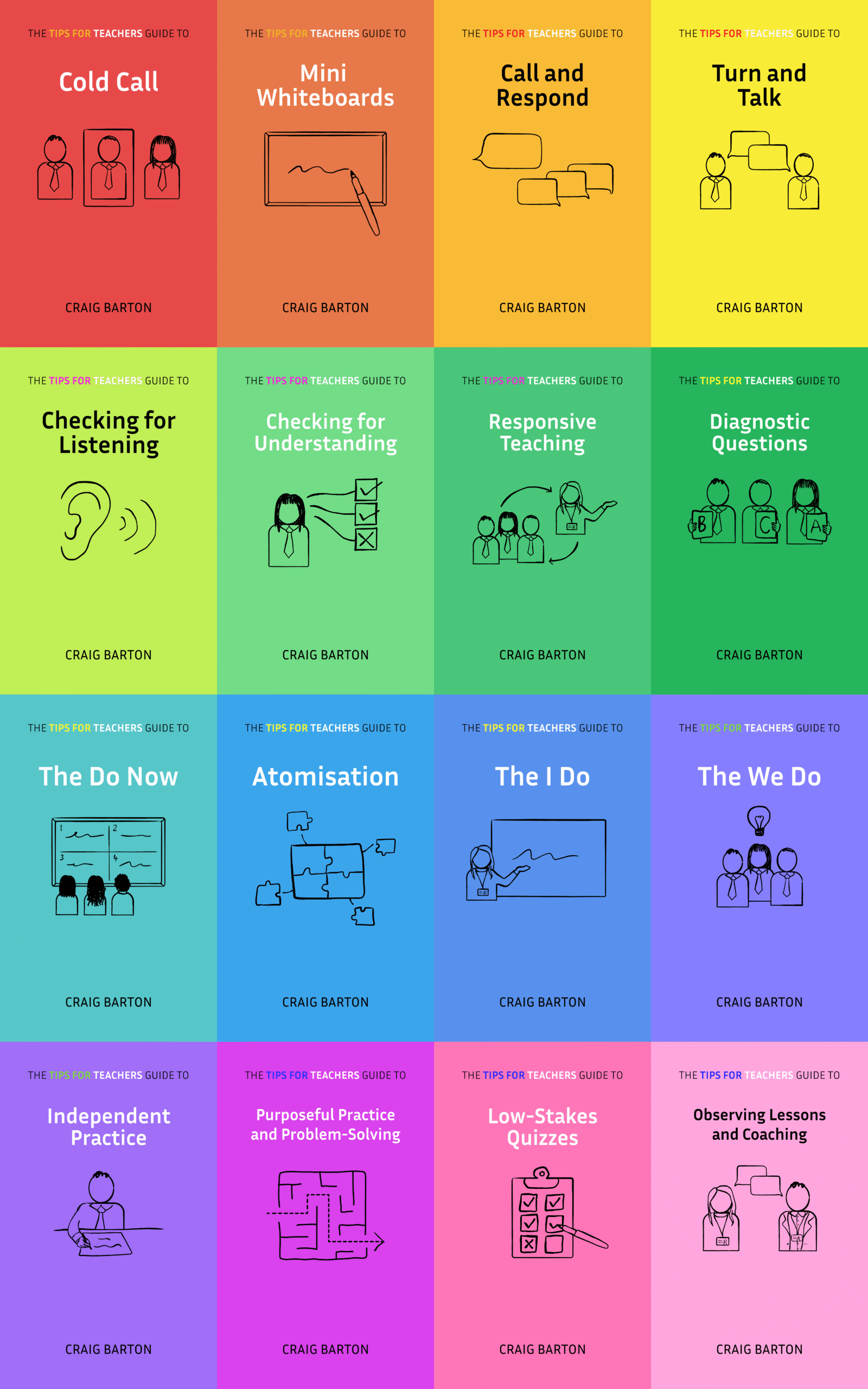
- Title: Adolescents’ Homework Performance in Mathematics and Science: Personal Factors and Teaching Practices
- Authors: Rubén Fernández-Alonso, Javier Suárez-Álvarez
- Access the original paper here
- Listen to a deep-dive podcast:
Paper summary
This research study investigated the effects of homework on math and science performance in Spanish adolescents. Utilizing multilevel models, the researchers analyzed data from 7,451 students, controlling for factors like prior knowledge, socioeconomic status, and gender. The study found that student autonomy in completing homework and the frequency of assignments by teachers were key predictors of success, more so than time spent or the quantity of homework. Optimal homework duration was estimated at one hour per day. Prior academic achievement proved to be the most significant predictor overall.
What are the key implications for teachers in the classroom?
- Regular homework assignments are crucial. Teachers should consistently assign homework to foster good work habits and encourage self-directed learning in students.
- Focus on quality over quantity. Assigning excessive amounts of homework is not effective. A reasonable and effective amount of homework is around 60 minutes per day. Homework assignments should present a moderate level of challenge without discouraging effort.
- Promote student autonomy. Encourage students to complete their homework independently, without parental help. Students who work autonomously achieve better results.
- Consider homework’s broader purpose. Homework should not be limited to repetition or revision of content. It should be designed to enhance student engagement and foster self-regulation skills.
The study emphasizes that homework, when utilized effectively, remains a valuable tool for the holistic education of adolescents. By incorporating these implications into their teaching practices, educators can enhance the learning experience for their students.
Quote
Our data sends a clear message to teaching professionals: well used, homework remains a vital tool for comprehensive education of adolescents. The results indicate that regular assignment of homework and how it is carried out are two key aspects








